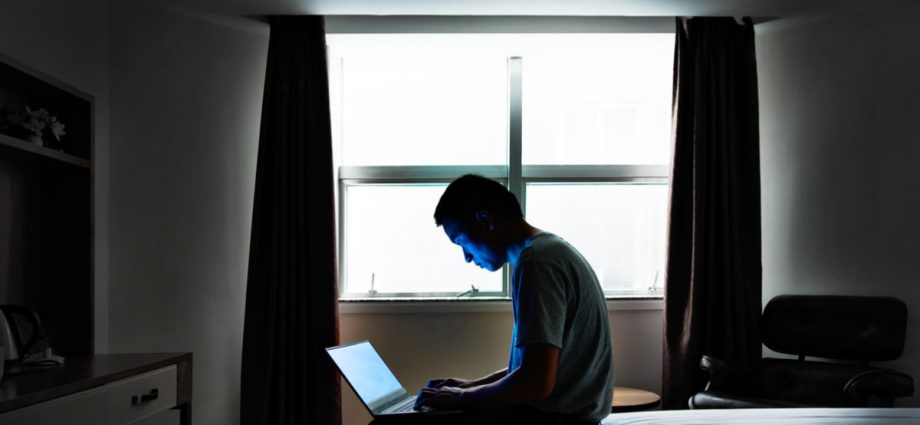
CENSORING “OFF-LIMITS” CONTENT
Zeng said he was part of a team at ByteDance that developed automated systems to filter content which the company did not want on its platform.
These systems incorporated artificial intelligence to look at images, and to examine the sound that accompanied them, transcribing commentary and scouring for off-limits language.
If the system flagged a problem, Zeng said it would be passed to one of the thousands of human operatives who could delete the video or halt the livestream.
Mostly, they were looking for what any social media company might baulk at – self-harm, pornography, unauthorised advertising – but also anything politically sensitive.
Some imagery was always off limits: Pictures of tanks, candles or yellow umbrellas – a symbol of protest in Hong Kong – along with any criticism of Chinese President Xi Jinping and other Communist Party leaders, according to Zeng.
He said guidance was handed down to ByteDance from the Cyberspace Administration of China, but supplemented by the company itself, ever wary of overstepping purposefully vague rules.
“In China, the line is blurred. You don’t know specifically what will offend the government, so sometimes you will go beyond and censor more harshly,” Zeng said, describing the company’s position as “like walking a tightrope”.
But the censor’s list was fluid, and specific events would trigger an update.

